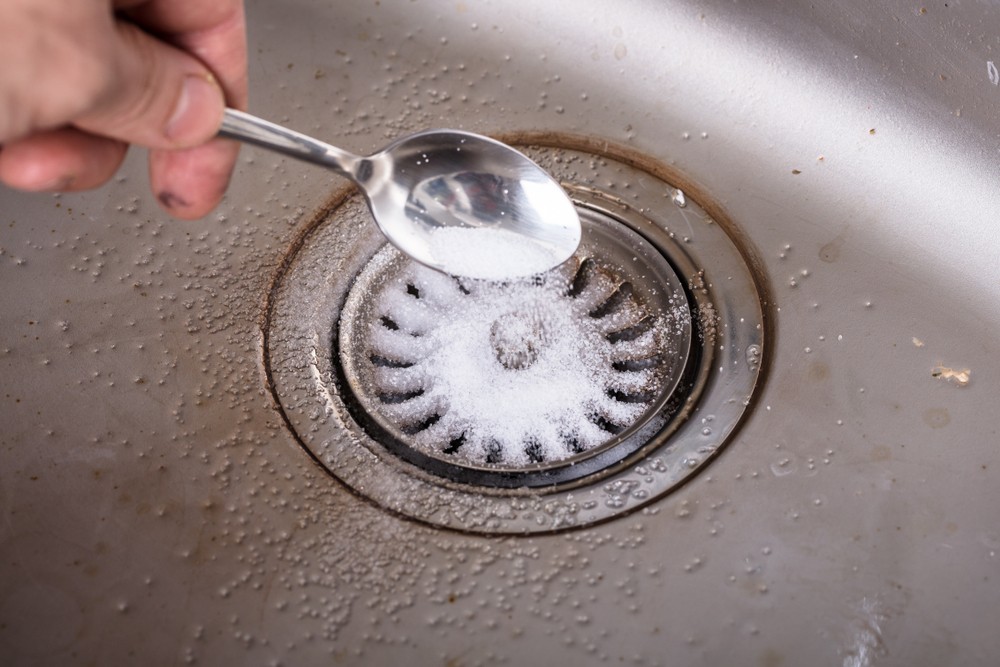In an age where mental health awareness is gaining momentum, understanding the complexities of bipolar disorder is crucial for ensuring timely intervention and effective management. Bipolar disorder, a condition characterized by extreme mood swings, can be challenging to diagnose due to its diverse symptoms that often mimic other mental health conditions.

What Is a Bipolar Test?
A bipolar test is a tool designed to assess the likelihood that someone has bipolar disorder. These tests are typically questionnaires that evaluate symptoms, mood patterns, and behaviors. While they do not provide a formal diagnosis, they can guide individuals toward seeking professional help.
Online resources like the Mental Health America Bipolar Test and the Psychology Today Bipolar Depression Test are great starting points for anyone who suspects they may have bipolar disorder.
Signs of Bipolar That Many Men Tend to Ignore
Men with bipolar disorder often overlook their symptoms, attributing them to stress or personality traits. Common signs include:
- Frequent outbursts of anger or frustration
- Engaging in risky behaviors, such as gambling or reckless driving
- Persistent irritability or aggression
- Difficulty maintaining relationships
If these behaviors feel familiar, taking an assessment like the HelpGuide Bipolar Disorder Test may help identify the issue.
Signs of Bipolar That Many Females Tend to Ignore
Women with bipolar disorder may experience symptoms differently, leading to delayed recognition. Warning signs include:
- Intense mood swings that interfere with daily life
- Overwhelming guilt or self-doubt during depressive episodes
- Periods of excessive energy or insomnia
- Obsessive thoughts or behaviors
For women who suspect they might have bipolar disorder, tools like the Talkspace Bipolar Disorder Test provide a quick way to evaluate symptoms.
When Should You Take a Bipolar Test?
Knowing when to take a bipolar test can be challenging. Consider seeking testing if you notice:
- Frequent mood changes that seem disproportionate to situations
- Difficulty functioning in work, school, or relationships
- Periods of intense euphoria followed by depressive episodes
- Family history of bipolar disorder or other mental illnesses
Parents who suspect their child may have bipolar disorder can use resources like the Child Mind Institute Bipolar Test for Kids and Teens.
If You Have Bipolar, Do This Immediately
After identifying symptoms, the next step is crucial: seek professional help. A bipolar test is only the beginning. Consulting a psychiatrist or psychologist for a formal diagnosis and treatment plan is essential.
Immediate steps include:
- Keeping a journal to track mood patterns
- Building a support system of family and friends
- Researching treatment options, including therapy and medications
Consider exploring resources like the Families for Depression Awareness Test for more information.
How Bipolar Tests Work
Bipolar tests usually include questions about:
- Frequency of mood swings
- Behavior during manic and depressive episodes
- Impact of symptoms on daily life
- Personal and family mental health history
One widely respected test is the Psych Central Bipolar Disorder Test, which provides detailed insights into symptoms.
Bipolar Is Silent but Deadly: Learn the Signs
Bipolar disorder often goes unnoticed until it disrupts a person’s life significantly. The disorder can lead to:
- Substance abuse as a coping mechanism
- Severe financial or legal problems due to impulsive behavior
- Relationship breakdowns
- Suicidal thoughts or behaviors
Recognizing the signs early and using tests like the Mental Health America Bipolar Test can prevent serious consequences.
The Importance of Early Detection
Early detection can improve outcomes significantly. By identifying symptoms and seeking treatment early, individuals can:
- Stabilize mood swings
- Reduce the risk of severe depressive or manic episodes
- Enhance relationships and social interactions
- Maintain better physical health
For those unsure about their symptoms, resources like the HelpGuide Bipolar Disorder Test offer valuable starting points.
Bipolar Quiz: A Useful Self-Assessment Tool
A bipolar quiz is a practical first step in understanding whether you might have the disorder. These quizzes are not diagnostic but can indicate if further evaluation is necessary. The Psychology Today Bipolar Test and the Talkspace Bipolar Disorder Quiz are highly recommended for quick self-assessment.
Conclusion
Bipolar disorder is a complex condition, but early detection and treatment make it manageable. Taking a bipolar test can be the first step toward better understanding your mental health. Utilize trusted resources like the Child Mind Institute Bipolar Test for Kids and Teens or the Psych Central Bipolar Disorder Test to start your journey toward stability and wellness. Seeking professional guidance afterward ensures a path toward effective treatment and improved quality of life.




